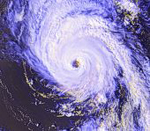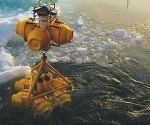COVID-19: Background Science to Understand the Pandemic
Pathogenic RNA viruses began to prey in earnest on humans around the time of our industrial revolution. As the human population exploded and then increased its density by a massive effort of urbanization, it also changed land use to encroach … Continue reading →












